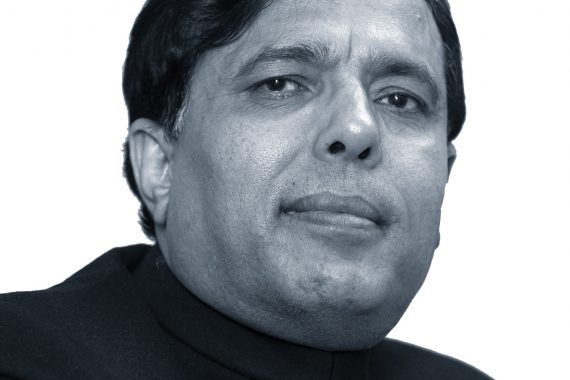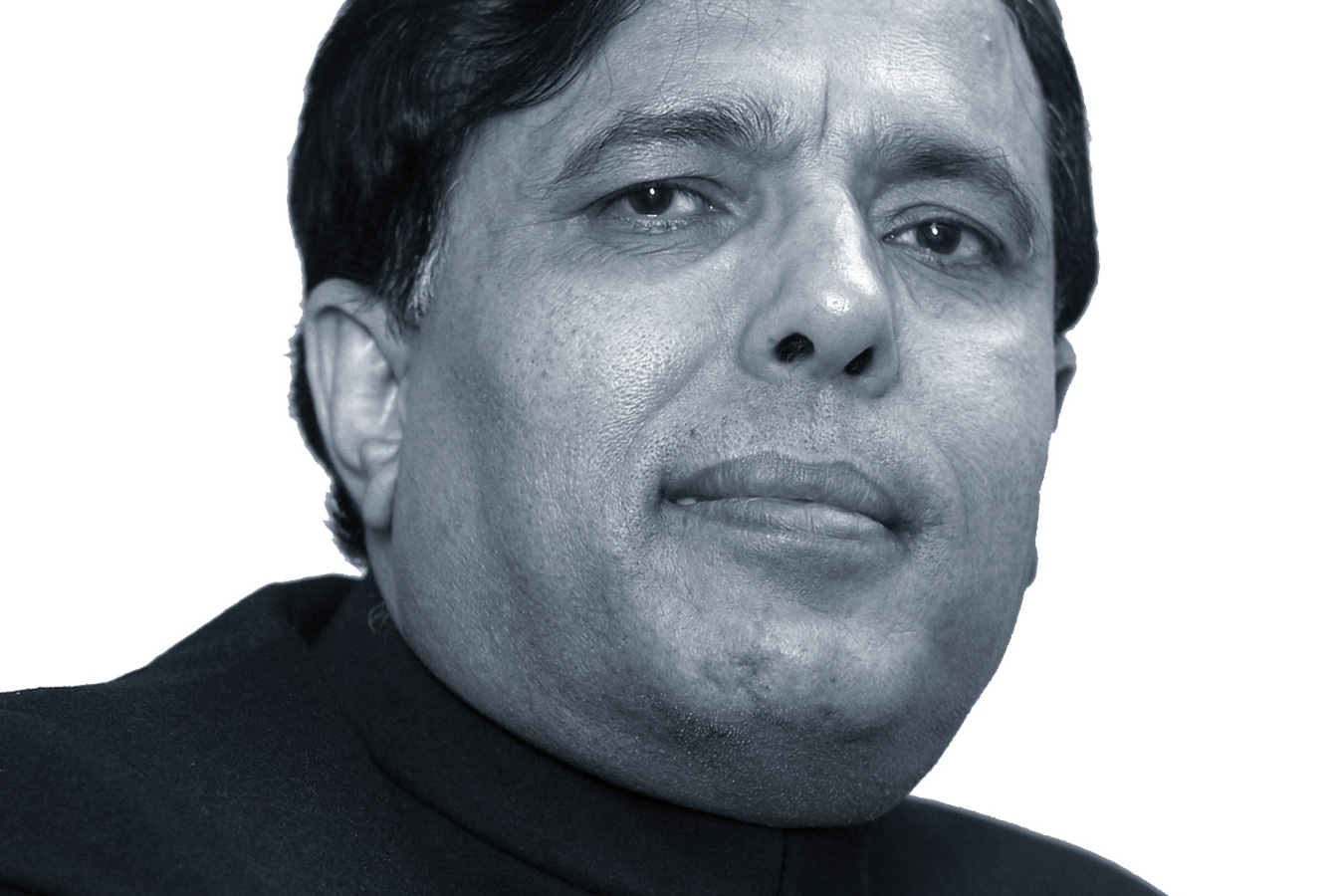Government must fund public health properly if it’s serious about prevention


If I say, ‘the NHS is at breaking point’, what do you think of first? People queuing outside their GP surgery at the crack of dawn for an appointment. Older people left on the bathroom floor for hours awaiting an emergency ambulance tied up by a drunk and disorderly youth. Junior doctors mentally distressed by working under unyielding pressure.
The uncomfortable truth is that many of the older people who’ve waited on hospital trollies have already been failed by a healthcare system that didn’t heed the importance of preventative health. The crisis has come and gone for these people. And if the government and the NHS don’t make public health a priority we will fail future generations by not protecting them against obesity, diabetes, heart disease, cancer and dementia.
Medical science has made huge strides in progress in the 30 years I’ve been a GP and, as a society, we are living longer lives. On the surface this sounds like a success but these extended lives are not always healthy, happy ones. A Green paper by Matt Hancock draws attention to the need to prioritise healthcare prevention and tackle the leading causes of preventable long-term conditions.
I am delighted that the government is taking up the issue of ill health prevention. The long-term sustainability of the NHS depends on an evidence-based and adequately resourced approach to prevention of physical and mental ill-health. It has been forecast that by 2050, two million will be living with dementia given our ageing population. Long-term health problems often come hand in hand with mental illness. Nearly a third of people with a chronic health complaint also suffer a mental health problem.
Reversing the £550m worth of public health cuts to council budgets would be a sensible place to start
This is especially depressing when you look at the many missed opportunities to correct the health of our nation, as many GPs do under the increasing demand for appointments. The silver lining to this stormy cloud is that lifestyle changes, stopping smoking, eating more healthily and exercising more can avoid many long-term conditions.
In the green paper health secretary Matt Hancock said everyone has a part to play in preventing ill health, ‘from the education we receive, to the home we live in to, to the job we do… all of this shapes our physical and mental health’.
If the minister really believes this, he must agree that reversing the £550m worth of public health cuts to council budgets, involving yearly decreases in funding from now until 2021, would be a sensible place to start.
Because the other tragedy of preventable illness is that the most deprived are most at risk. Life expectancy varies by decades between prosperous districts and those where unemployment and poverty are common. Blackpool Council, an area with high levels of unemployment has decommissioned its specialised stop smoking services citing budget cuts even though the area has a higher than average amount of smokers.
The health service has been slow to respond to these societal changes, now and in years past, when within these changes lie the secret to the NHS’s long-term sustainability. Lifestyle principles across the board are much more powerful than anything a doctor can do for their patients. Much more than 90% of modern diseases are preventable through education. A heart attack can cost £20,000 to treat. If it can be prevented, that has huge cost implications. I would estimate that something like 50-70% of my patients’ medical costs would not just be reduced but eliminated if their diets were healthier and they exercised more.
But before we take Matt Hancock seriously, there must be adequate funding for ill-health prevention, both within and outside the NHS, to support improvements in population health, backed by comprehensive regulatory, legislative and educational measures at a national level to tackle key lifestyle factors driving ill health.
Dr Kailash Chand is a retired GP in Tameside
Visit Pulse Reference for details on 140 symptoms, including easily searchable symptoms and categories, offering you a free platform to check symptoms and receive potential diagnoses during consultations.











